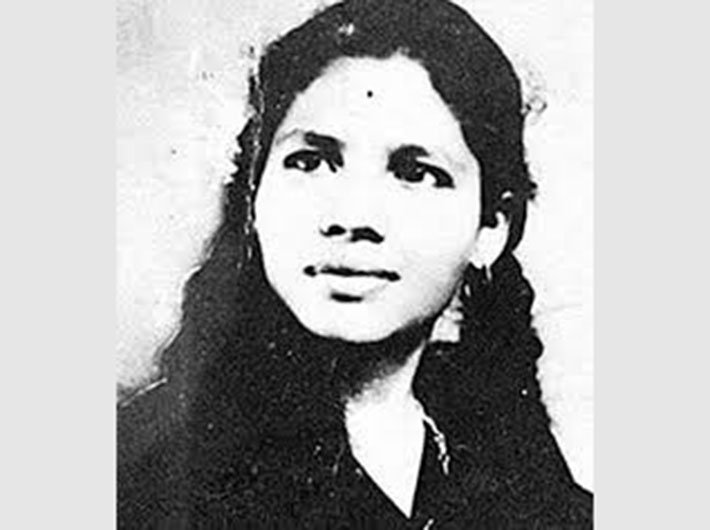The debate over passive euthanasia has been reignited with the government coming up with a draft bill, but it is a year late for us
On February 16 last year, my father went for a routine medical check-up as he was not keeping well. The doctor said he needed to be hospitalised. That evening our life began to fall apart.
His condition stabilised, but a battery of tests were needed to find out why he was having trouble in bowel movement. One test led to another. And the technician shook his head when the last of the tests was being carried out. I asked him, “Hope everything is Ok.” He looked up at me and said, “Only the doctor will tell you.”
It was then that I realised something was horribly wrong and I had a gnawing feeling in my stomach. Our worst fears came true when the doctor told us that he was suffering from cancer of the pancreas. “It is terminal,” he said softly, the words ringing loudly in our ears long after the doctor had left.
Now that we knew what we were up against, we steeled ourselves. My father, a retired army officer, began an exceedingly brave battle against an enemy he knew he could not defeat. He always had an encouraging smile, through the months of February and March.
Although he would tire quickly, he began to read up on cancer, including Siddhartha Mukherjee’s Pulitzer winner “The Emperor of All Maladies: A Biography of Cancer”. After much thought, he jotted down a set of instructions in his diary. Among other things like he was not to be resuscitated and his body was to be donated for medical research, he made it clear that he did not want a pipe inserted through his nose for feeding purpose.
He told the entire family: “If I am going, please let me go in peace.”
We agreed. And it is where we got badly stuck.
His pain began to gradually increase as the weeks passed, and by the end of April it became clear that he would have to opt for an opiate to help relieve the excruciating pain. But, the worse was yet to come.
In the beginning of May, my father’s speech began to slur and he had blurry vision. We thought it was due to cancer. It wasn’t so. One day, he simply couldn’t get up or even move his limbs. We immediately rushed him to hospital where we were told that he has suffered a stroke. He was paralysed from the neck down.
When we went to meet him in the ICU we saw that a tube had already been inserted into his nose. We spoke to a doctor who said that it was needed to provide nutrition. Our plea that “he has made it very clear that he doesn’t want it” went unheeded.
We mulled amongst ourselves not knowing what to do next. When he was shifted to a private room, my father was quite upset with the presence of the feeding tube. He shook his head violently so that it would come out. He made guttural noises to register his protest. He practically pleaded. But our hands were tied and we could do nothing.
We brought him home and his condition quickly deteriorated. He complained of breathlessness. The very next day we rushed him to another hospital, where his condition again stabilised.
The attending doctor was quite considerate and gave us a patient hearing. When we requested him to remove the feeding tube, he said, “No.” He explained that he could not let him die and he was duty bound.
My father was in and out of hospital. The feeding tube stayed even when he was back home again. My mother learnt to feed him in two-hourly intervals. He could not move his limbs, but he continued to express his displeasure. He wanted to die peacefully. But the Indian law would not let him. His pain increased dramatically and the doctor prescribed pain patches.
It was sheer misery for him, yet he continued to give a wan smile. The cancer had spread. His body had a yellow tinge. For the family, there is nothing worse than to see your loved one suffering so much.
He died on May 30 and we failed to fulfil his wish – to let him go in peace. The feeding tube was removed, but only after his death.
There are many who are suffering from cancer and it is hoped that the current euthanasia debate is taken to a logical conclusion by allowing the terminally ill to die the way they want to. After having seen it all from close quarters, I hope nobody else has to walk the same path. That would be a utopian thought. So, the next best thing is to have a sensitive law that allows the sweet release of death.
The union health ministry has come up with a draft bill on passive euthanasia that gives patients the right to “withhold or withdraw medical treatment to herself or himself” and “allow nature to take its own course”.
The draft, titled Terminally Ill Patients (protection of patients and medical practitioners) Bill, has been uploaded on the health ministry’s website and comments have been invited by June 19.
The draft can be read here.

